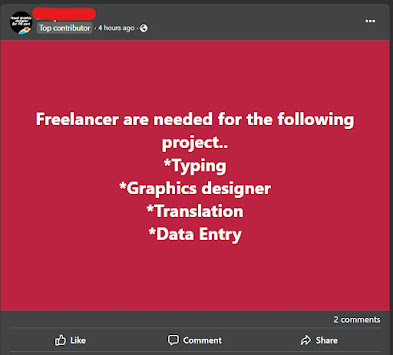Being The Father I Never Had: Parenting a Teenager in the Internet Age
As a teenager growing up in the Philippines in the late 80s and early 90s, my most pressing concern was whether I could get past level 3 in Contra without losing all my 40 lives. If someone had told me that my future battles wouldn't involve pixelated soldiers but invisible online predators, I'd have scoffed and gone back to strategizing my next Konami code assault. Yet, here I am.
See, the thing about growing up without a dad is that you piece together the role from fragments. There were my friends' fathers, figures who dispensed cheesy advice and fixed bikes with a kind of quiet competence I yearned for. Then there were the sitcom dads—a little bumbling, maybe, but always there with a hug and a slightly out-of-touch pep talk when things went wrong. All these fragments fueled my determination: if I ever became a dad, I wouldn't just be present; I'd be all-in.
Fast forward to today, and those childhood visions of fatherhood have collided with a reality far more complex than I ever imagined. My daughter swipes and scrolls her way through a world that exists at her fingertips. She video chats with friends in different time zones, follows social media influencers whose names sound like alien transmissions, and navigates digital spaces that might as well be on another planet for all I understand them.
And yes, I understand the internet. I've roamed its ever-evolving landscape since the days of dial-up connections and questionable pop-up ads. But my younger self wasn't the poster child for online safety – a fact that haunts me in my current role as Protector of All Things Digital. Because I know firsthand the potential pitfalls, the corners where anonymity emboldens the worst kind of behavior, and the lasting sting of a careless online footprint.
Sometimes, my anxiety gets the best of me. My mind races with worst-case scenarios, imagining a casual click leading to a cascade of trouble or someone taking advantage of my daughter's trusting nature. I want to lock down all the devices and build a firewall around her with warrior moats and vigilant gargoyles (the digital kind, of course). But I know that's neither realistic nor healthy.
The key, we've found, lies in open communication. My daughter knows she can come to me – with a weird meme, a confusing social media trend, or those moments when an online interaction leaves her feeling uneasy. We've weathered awkward conversations about inappropriate content, a cyberbullying incident, and the very real dangers of sharing too much personal information. Through it all, that open-door policy has been my most effective parenting tool.
It's a constant balancing act, though. Those lessons from my own online past make me want to shield her at all costs. But I also know she needs the space to learn, make her own mistakes (hopefully small ones), and develop the critical thinking skills necessary to navigate the digital world wisely. Deep down, I want her to be both internet-savvy and have the same common sense that serves you well offline – don't talk to strangers, know that not everything you see is real, and kindness matters, even through a screen.
Sometimes, navigating the internet as a parent feels like trying to translate hieroglyphics while riding a runaway rollercoaster. The lingo changes faster than I can decipher it, and her eye rolls at my attempts to be the "cool internet dad" are both hilarious and a little heartbreaking. That said, there are moments when she'll ask for my opinion on something she's seen online, or we'll stumble across a weird meme and laugh together. Those are the moments I hold on to. It's the digital equivalent of a hug or one of those cheesy-but-heartfelt sitcom pep talks I longed for as a kid.
Parenting has never been for the faint of heart, but doing it in the internet age adds an extra layer of complexity. There's no foolproof manual, no algorithm that spits out the right answers. Take the time to understand and ask questions – it's messy, wonderful, and a never-ending learning curve for both of us. Last week I had to explain "deepfakes" (don't ask!), but I also saw her report a hurtful comment instead of engaging with it. I wouldn't trade it for the world, even if it means occasionally feeling like a dinosaur trying to speak the language of the future.

.png)


Comments
Post a Comment